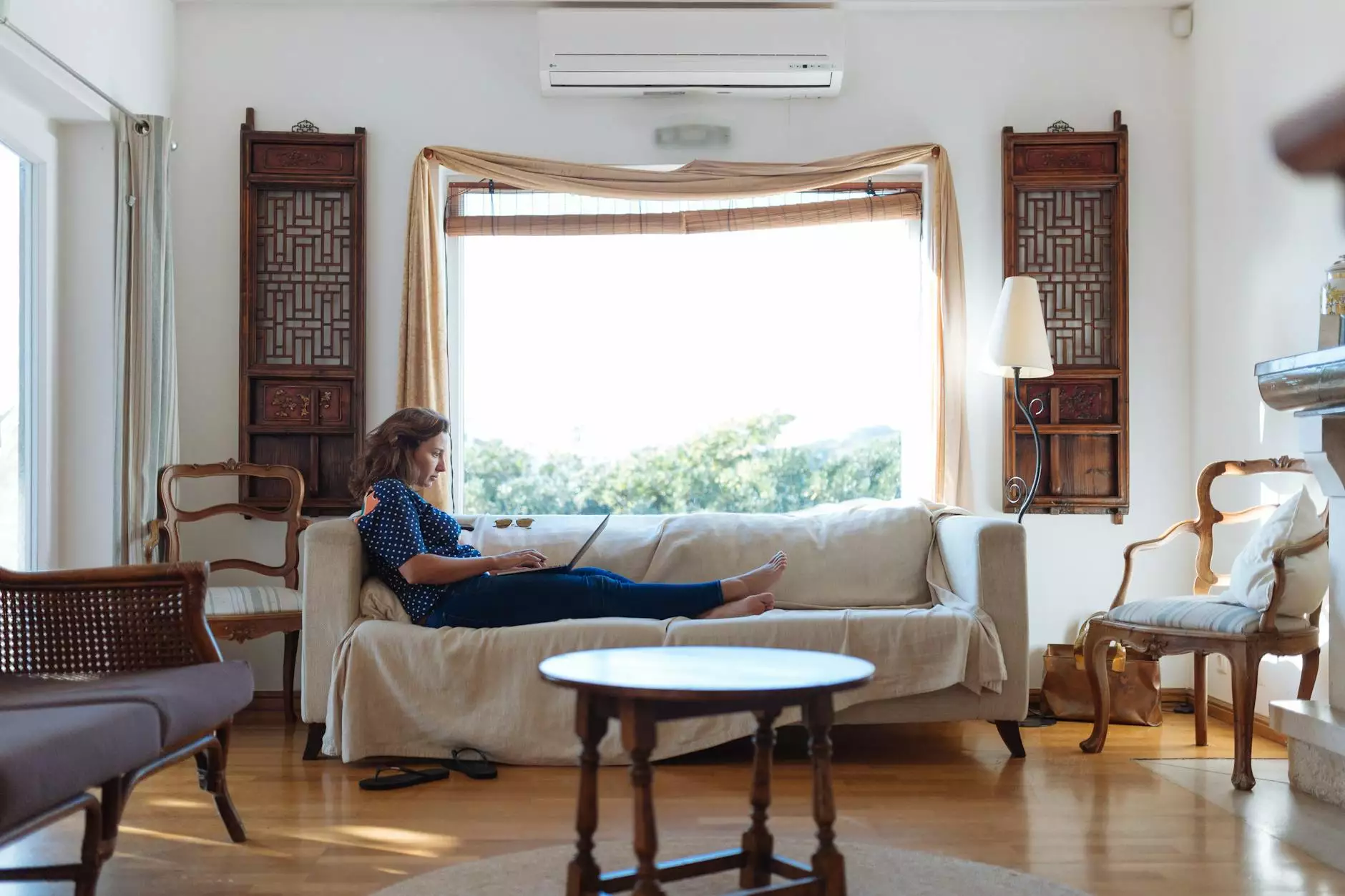Mobile Clinics in Africa: Transforming Healthcare Access

In a continent as vast and diverse as Africa, access to healthcare is a fundamental right that remains challenging for many. The introduction of mobile clinics has emerged as a pivotal solution to bridge the gap in healthcare services, delivering essential medical attention directly to those in need. This article dives deep into the world of mobile clinics in Africa, exploring their significance, the services they offer, and their impact on communities across the continent.
The Need for Mobile Clinics in Africa
Africa is home to over 1.3 billion people, with a substantial portion living in remote and rural areas where healthcare facilities are scarce. The challenges these populations face include:
- Geographic Barriers: Many rural areas are isolated, making it difficult for residents to access hospitals and clinics.
- Financial Constraints: High transport costs and medical fees often prevent individuals from seeking necessary care.
- Limited Resources: Local healthcare facilities frequently lack adequate resources, equipment, and trained personnel.
- Health Education: There's a significant gap in health literacy, leading to misconceptions about diseases and treatments.
These barriers contribute to poor health outcomes and high mortality rates, particularly for chronic diseases, maternal and child health issues, and infectious diseases. Mobile clinics have become a beacon of hope, addressing these challenges head-on.
What Are Mobile Clinics?
Mobile clinics are fully equipped healthcare units that travel to various locations to provide medical services. These clinics can operate from vehicles, trailers, or even shipping containers, allowing them to reach the most underserved communities. Equipped with medical supplies, diagnostic tools, and healthcare professionals, they offer a wide range of services, including:
- Routine Check-ups: Regular health assessments to monitor patients' well-being.
- Immunizations: Essential vaccinations to prevent infectious diseases.
- Maternal and Child Health Services: Prenatal care, postnatal care, and pediatric services.
- Disease Screening: Testing for diabetes, hypertension, and various infectious diseases such as HIV/AIDS and tuberculosis.
- Health Education: Informing communities about health hygiene, nutrition, and disease prevention.
Impact of Mobile Clinics on Healthcare Delivery
Mobile clinics in Africa are not just about providing medical services; they play a crucial role in transforming healthcare delivery in several significant ways:
1. Increased Accessibility
By bringing healthcare directly to people's doorsteps, mobile clinics enhance accessibility. In many rural areas, residents do not have the ability or resources to travel long distances to receive care. Mobile clinics eliminate these geographic barriers, making it easier for individuals to obtain the healthcare they need.
2. Timely Interventions
Early detection of diseases is vital for successful treatment. Mobile clinics facilitate timely interventions, thereby reducing the burden of advanced diseases that require more complex and expensive treatments. For instance, routine screenings for hypertension and diabetes can lead to early management of these conditions, ultimately saving lives.
3. Community Engagement and Trust
The presence of mobile clinics fosters a sense of community engagement. Healthcare providers become familiar faces in the communities they serve, which helps build trust. When healthcare providers take the time to understand the needs of the community and engage in dialogue, patients are more likely to seek help when needed.
4. Comprehensive Health Services
Many mobile clinics offer a broad spectrum of health services—from preventive care to treatment for chronic conditions. This comprehensive approach ensures that patients receive holistic care, addressing both physical and mental health needs.
5. Cost-Effectiveness
Mobile clinics can be more cost-effective compared to traditional healthcare models. They reduce the need for expensive hospital infrastructure and staff while delivering care to large numbers of people. In addition, by preventing the progression of diseases through early intervention, mobile clinics help lower healthcare costs in the long run.
Success Stories: Mobile Clinics Making a Difference
Across Africa, several organizations and initiatives have successfully implemented mobile clinics, with remarkable results. Here are a few inspiring success stories:
1. The Mobile Health Initiative in Kenya
In Kenya, the Mobile Health initiative employs a fleet of vans that provide services like maternal health, HIV testing, and family planning. This initiative has successfully reached over 200,000 people, significantly reducing maternal mortality rates in the regions they serve.
2. Project HOPE in Nigeria
Project HOPE has launched mobile clinics that cater specifically to internally displaced persons (IDPs) in Nigeria. By offering essential services such as vaccinations and mental health support, Project HOPE has become a lifeline for vulnerable populations affected by conflict.
3. Operation Blessing in South Africa
Operation Blessing has developed mobile clinics that provide primary care and health education in underserved communities throughout South Africa. Their commitment to improving health outcomes has positively impacted thousands of lives by reducing illness and fostering healthier lifestyles.
Challenges Faced by Mobile Clinics
Despite their success, mobile clinics encounter several challenges that can hinder their effectiveness:
- Funding Constraints: Many mobile clinic programs rely on donations and grants, making sustainable funding a constant hurdle.
- Logistical Issues: Maintaining and operating mobile units can be logistically complex, especially in remote areas with poor infrastructure.
- Staffing Shortages: Recruiting and retaining qualified healthcare providers willing to work in challenging environments can be difficult.
- Cultural Barriers: Addressing cultural beliefs and customs that may influence healthcare-seeking behaviors is vital for the success of mobile clinics.
The Future of Mobile Clinics in Africa
As the landscape of healthcare continues to evolve, mobile clinics stand at the forefront of innovative solutions that address the unique challenges faced by African communities. Enhancements in technology, such as telemedicine, will further augment the capabilities of mobile clinics, allowing for remote consultations and greater reach.
Moreover, collaborating with local governments, NGOs, and community leaders creates robust frameworks that empower mobile clinics to thrive. Initiatives that combine mobile healthcare with education, nutrition, and social services can create a comprehensive approach to health that addresses the social determinants of health.
Conclusion
Mobile clinics in Africa represent a transformative approach to healthcare that provides essential services to millions in need. By increasing accessibility, promoting early detection, and fostering community trust, these clinics are changing the healthcare narrative across the continent. They exemplify innovation and resilience in the face of numerous challenges, demonstrating that with commitment and collaboration, it is possible to make significant strides toward equitable healthcare for all.
Investing in mobile clinics is an investment in the future of Africa's health, creating a pathway toward improved health outcomes and sustainable communities. As more organizations recognize the potential of mobile healthcare, the positive impact on the continent will only continue to grow, ensuring that no one is left behind in their journey toward health and wellness.









